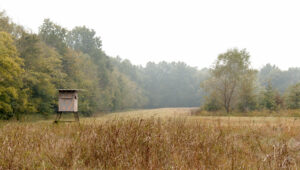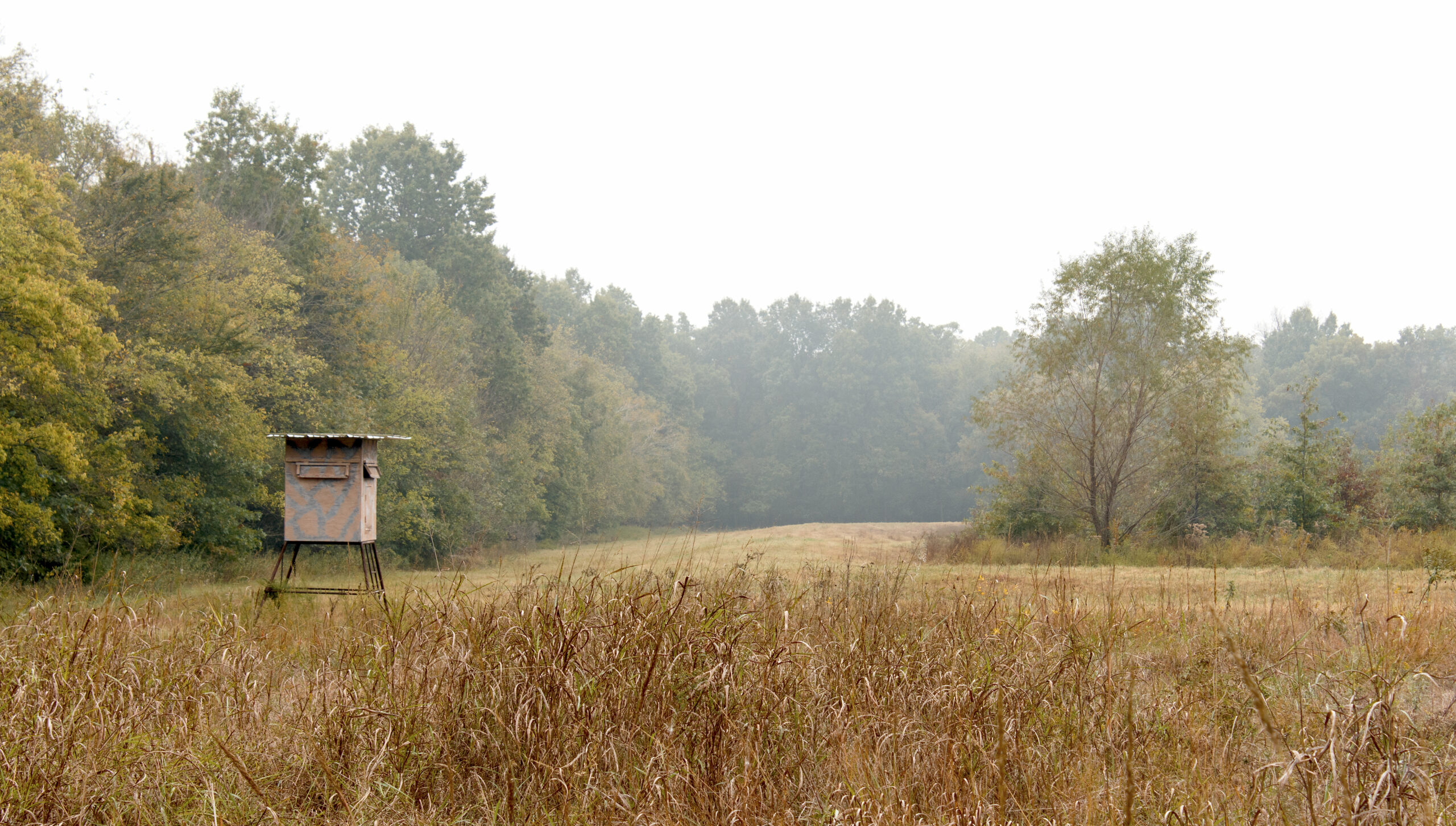Appeals Court Upholds Premises Liability Verdict in Michigan

Photo Credit: Robert Heber / Shutterstock.com
Owners of property have a duty of reasonable care to keep visitors safe. It doesn’t matter whether the property is owned by a friend, business, or the government. While nothing can ever be 100% safe, the definition of what a “reasonable” amount of safety entails will depend on the circumstances. For example, a grocery store will be held to a different standard than a construction site. This principle is called premises liability. If you have been injured on the property of another you need to contact a knowledgeable Michigan premises liability attorney to help you decide if the property owner should be held accountable.
Premises Liability
Part of what determines the standard of reasonable care is the status of the injured person. In other words, whether you are trespassing on someone’s property or were specifically invited on to the property will make a difference in determining liability. In a case recently heard by the Michigan Court of Appeals, the injured person was an “invitee.” An invitee is someone who is on the property for the purpose of business, such as when you go to the store. In most cases, business owners owe invitees the greatest duty of care.
In this case, an air compressor technician visited a farm in a business capacity, which made him an invitee. While he was in the warehouse to look at the air compressor, a couple bundles of stacked cardboard fell on him causing injuries including a broken hip. The court upheld the jury’s finding that the farm breached their duty of care.
Property owners breach their duty of care when they know or should know about a dangerous condition and fail to remedy or warn of the condition. In this case the pallets and the cardboard were used and disposed of so there was no way to know what the specific cause of the collapse was. While the plaintiff is supposed to prove that the property owner had knowledge of the condition, when the property owner is the one who caused the condition, it is assumed that they knew or should have known of the condition.
Res Ipsa Loquitor
Since the plaintiff had no way of knowing what specifically caused the injury, they relied on the doctrine of res ipsa loquitor. Res ipsa loquitor means that negligence will be inferred when there is no way the condition should happen except when someone is negligent. In order to prevail using this doctrine, a plaintiff must prove that the event doesn’t usually occur unless someone is negligent, the defendant had exclusive control of whatever caused the injury, the plaintiff didn’t do anything to cause the event, and the true explanation of what happened is more accessible to the defendant than the plaintiff.
As the defendant was the one who stacked the cardboard, and they failed to preserve the evidence, the appeals court allowed the res ipsa loquitor theory to stand. Therefore, the jury’s verdict was upheld and the farm was held liable.
Contact An Experienced Michigan Personal Injury Attorney Today!
Accidents are sometimes the fault of the property owner, and they should be held accountable for the injuries you suffer due to the accident. The premises liability attorneys at Neumann Law Group can help you get the damages you are owed for your injuries. Neumann Law Group works with clients in Western Michigan, including Detroit, Saginaw, Southfield, Lansing, Grand Rapids, Kalamazoo, and Traverse City. Call us today at 800-525-6386 or use the contact form on this website to schedule your free consultation!
See Related Posts:
Michigan Court Hears Slip and Fall Case
Michigan Court Addresses Attendant Care Benefits After Injury



